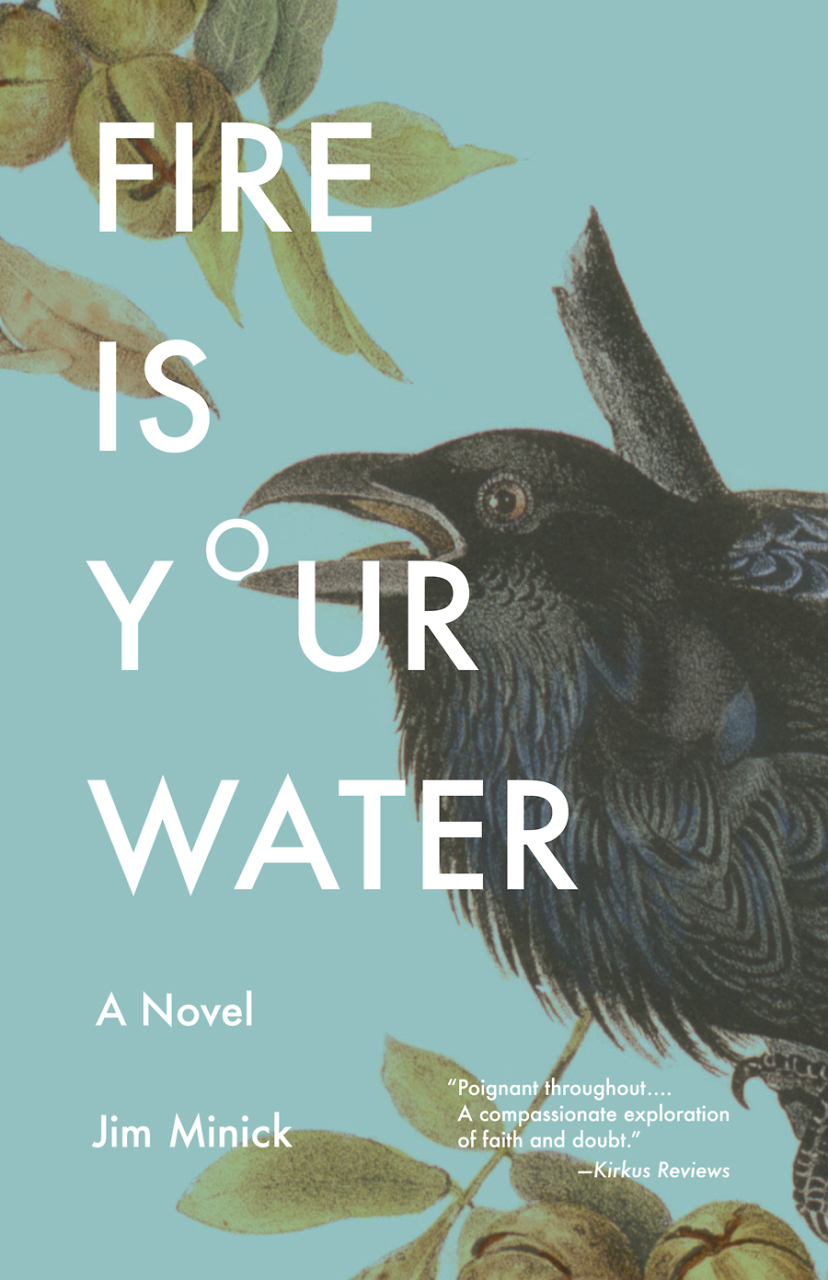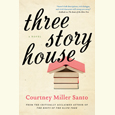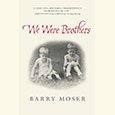Wild Things
Chattanoogan Dave Connis examines the fallout from censorship in his new YA novel
When Clara Evans, the protagonist of Suggested Reading, shows up for the first day of her senior year at an exclusive private high school in Chattanooga, the last thing she expects to do is start a revolution. But when the administration suddenly demands that the librarian remove more than 50 examples of “prohibited media,” Clara is shocked. Then she gets angry. Then she gets busy. Through her story, Chattanooga author Dave Connis presents young adult readers with a complex and nuanced portrait of the consequences of censorship.

“It wasn’t a secret I was a very bookish person,” Clara admits. “I’d built my entire — albeit relatively short — existence around books.” A library volunteer, she has spent the summer establishing a nonprofit to create Tiny Little Libraries throughout the city. Thanks to that project, she has been named a finalist for the Founders Scholarship offered by her school, which she badly needs to pay for college. And her book club, Queso (named for her favorite snack food), is meeting soon to discuss the long-awaited new novel by an author she adores — a book that has just been banned by her school.
Her principal assures Clara that the administration has the right – indeed, the obligation – to prohibit any materials they believe to be detrimental to students. But before she is dismissed for opposing the new policy, Clara’s English teacher advises her class to resist oppression. “Push back,” she says. “Don’t just accept things. Time doesn’t change things. Humans change things.”
Clara takes that advice to heart and decides to remove all the banned books from the library, cover them in white paper, and stash them in her school locker, from which she can then secretly check them out to interested students. It’s a variation on her Tiny Little Libraries model, only more clandestine. And it’s a risky move, jeopardizing her own academic future. As the number of banned books in circulation rises, so do Clara’s doubts. Does she care more about freedom or about being right?
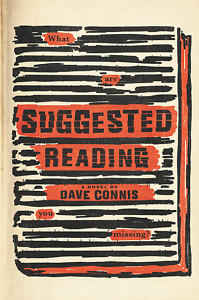 Her mother cautions, “You can protest. You can question. But standing against someone or something can turn into hate without you even noticing. Hate is the worst place to start if you want to change something.” As unexpected allies join the fight, Clara confronts her own prejudices against students whose financial advantages, she suddenly realizes, don’t always ensure happier lives. And when tragedy strikes, Clara wonders whether the price for her crusade is too high.
Her mother cautions, “You can protest. You can question. But standing against someone or something can turn into hate without you even noticing. Hate is the worst place to start if you want to change something.” As unexpected allies join the fight, Clara confronts her own prejudices against students whose financial advantages, she suddenly realizes, don’t always ensure happier lives. And when tragedy strikes, Clara wonders whether the price for her crusade is too high.
Connis’ own love of books is evident in Clara’s voice, here waxing eloquent on the offerings of the local bookstore: “… the land of marvel and mischief, spells and superlatives, counter curses, cultures, love-baked digressions, rabbit-trail wisdom, symphonies of folly and fable, illumined reality, and glow-in-the-dark wonder.” Setting the book in his hometown is an added bonus for readers familiar with Chattanooga, who will enjoy seeing landmarks such as Mojo Burrito and the Hunter Museum assume important roles in the narrative. Connis’ style is fast-paced and dialogue-heavy, full of silly acronyms, humorous chapter titles, and quippy in-jokes among Clara and her friends that keep the tone youthful and light.
But the author’s objectives are anything but light. Connis includes the names of dozens of frequently banned books and numerous quotations from the most popular offenders, especially those that resonate most with Clara, including Speak by Laurie Halse Anderson, The Perks of Being a Wallflower by Stephen Chbosky, and The Catcher in the Rye by J.D. Salinger. As Clara grapples with the principles of honesty, integrity, kindness, and courage, she begins to see that books, banned or not, are only part of the equation.
“Books are wild things,” a friend tells her. “You can’t tame them.” But wilder still are their readers. “The problem is,” Clara says, “we bring ourselves to the pages. Our whole selves. Every single darkness. Every single light. Every single passion. Every single hurt. We read with all the layers that make us who we are acting as filters.” It’s an intimate relationship and an unpredictable one. That’s what makes it so powerful — and so much fun.
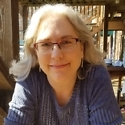
Tina Chambers has worked as a technical editor at an engineering firm and as an editorial assistant at Peachtree Publishers, where she worked on books by Erskine Caldwell, Will Campbell, and Ferrol Sams, to name a few. She lives in Chattanooga.
